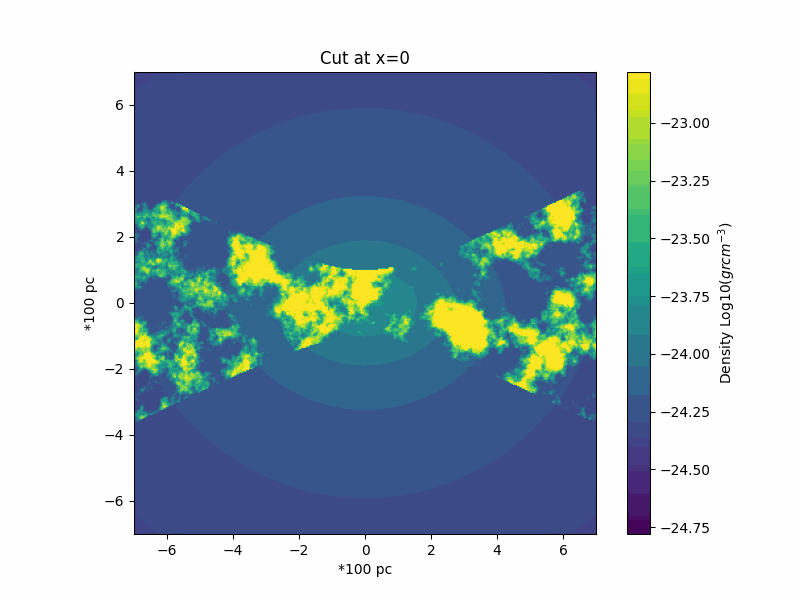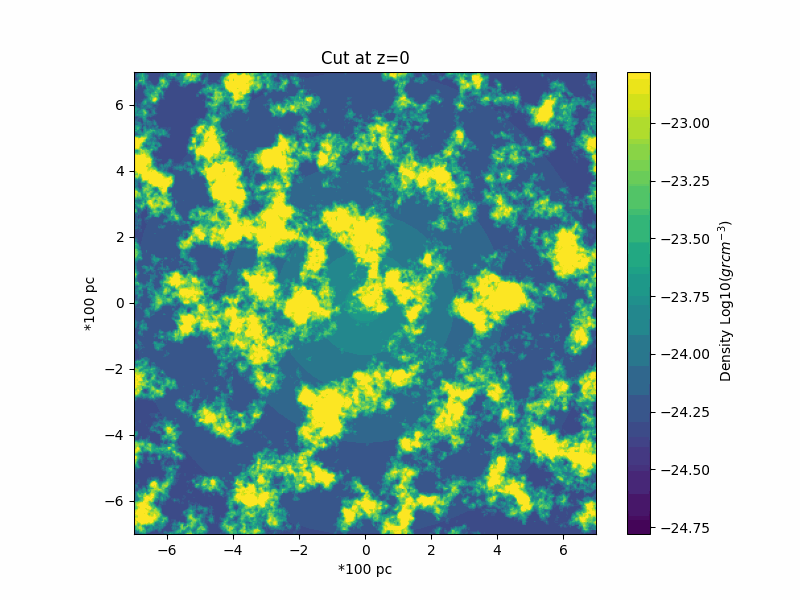Astrophysical wind-cloud systems. Credits: W. Banda-Barragán, Yachay Tech University
The MSc programme in Fundamental Physics offered by Yachay Tech University in Ecuador offers a unique opportunity to professionals to continue their training in basic science. This modern MSc programme lasts 3 semesters (45 credits) and is research intensive. The core subjects have been designed so that our students have a very strong training in scientific computing (e.g. high-performance supercomputing, machine learning, data analysis and visualisation) as well as in theoretical physics.
The pedagogical concept of the MSc programme is also innovative and relies on Project-Based and Problem-Based Learning. The MSc subjects focus on helping our students acquire mathematical and programming skills to solve complex problems in physics, as well as develop essential scientific communication skills. In addition, the programme provides a set of specialised subjects that will help students further their understanding of fundamental physics in our areas of expertise.
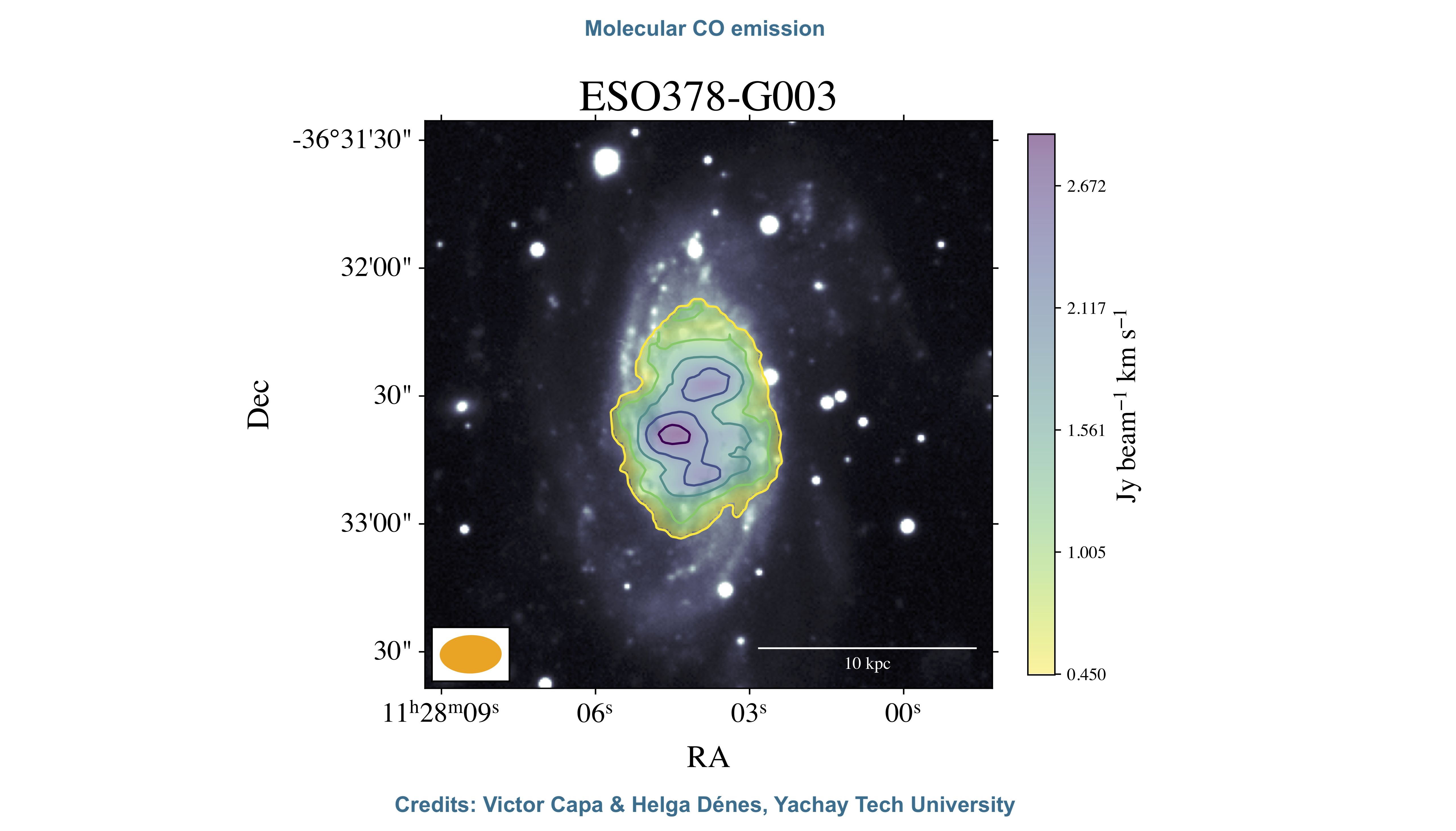
Are you interested in learning about the physics of galaxies and gas that resides in it? Would you like to analyse data and images from the most advanced telescopes in the world? Join our MSc programme and learn how to analyse astronomical data cubes and simulate astrophysical gases using high-performance computing facilities.
Some of the available thesis topics include:
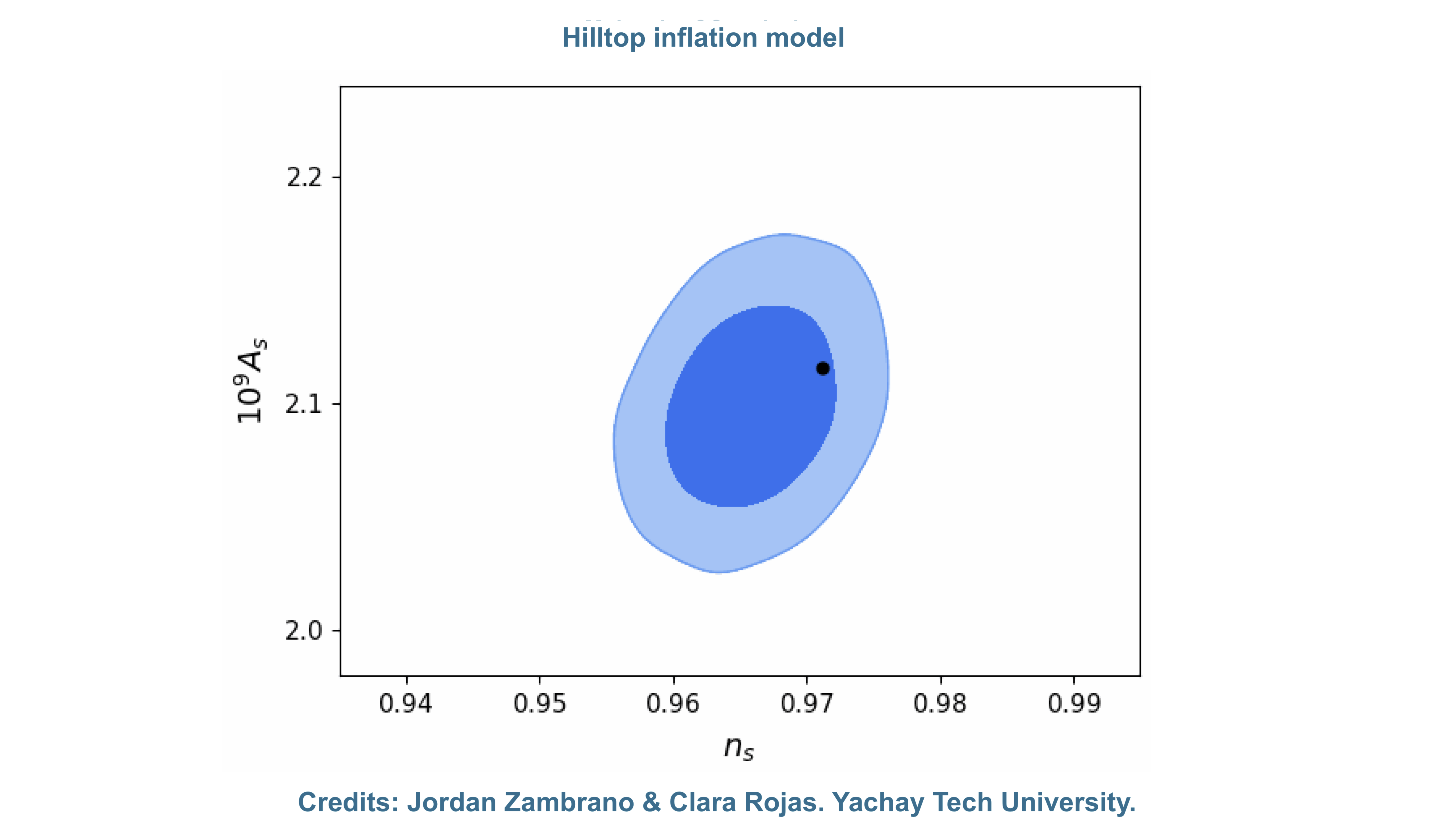
Are you interested in learning about the fundamental laws of the Universe? About the Big Bang and how the Universe and everything in it started? Would you like to study General Relativity and Tensor Algebra? Join our MSc programme and learn to theoretically model the Universe using Mathematica and computing facilities.
Some of the available thesis topics include:
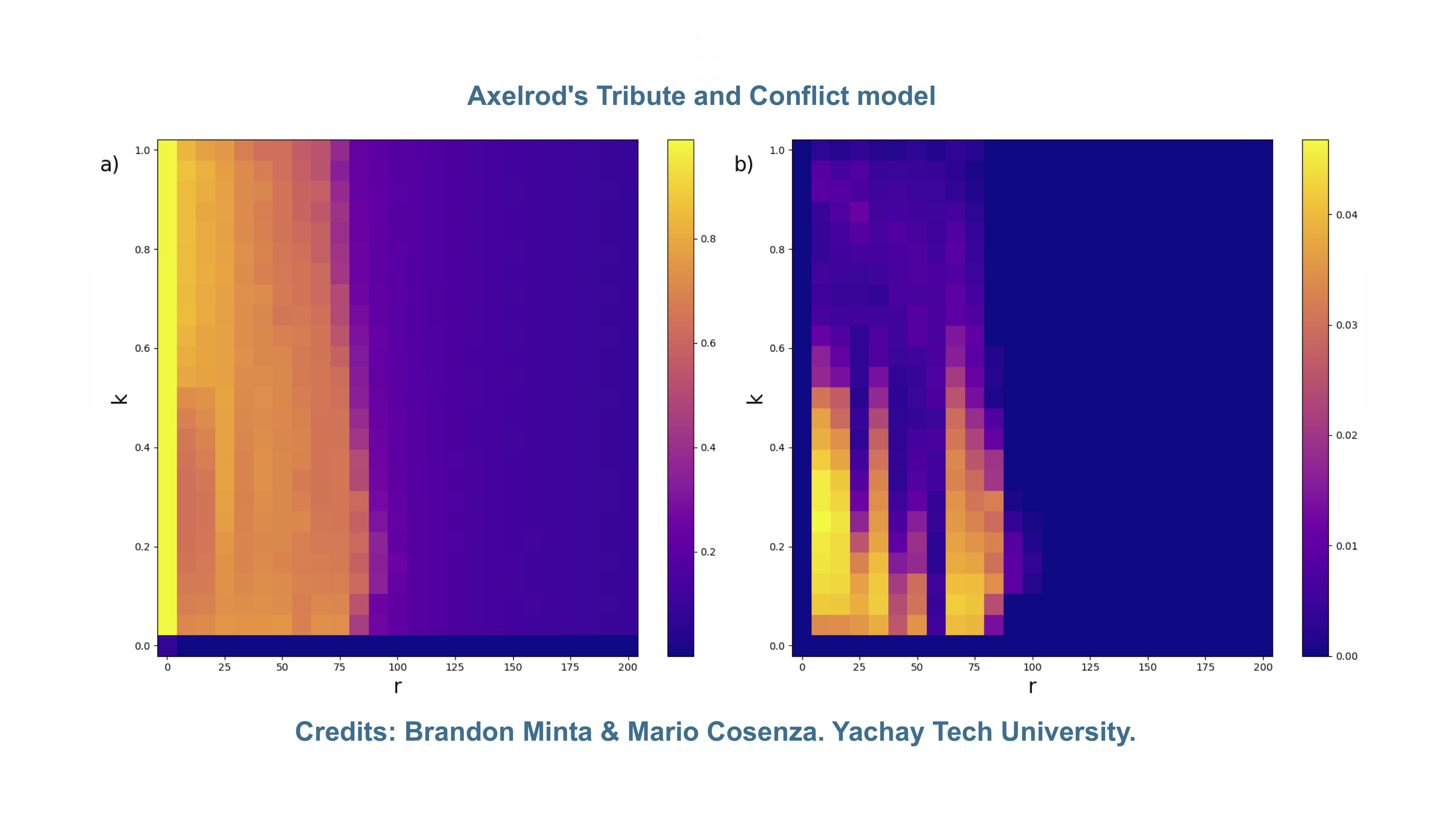
Would you like to study how non-linear systems evolve? How is chaos produced in physical systems? Are you interested in modelling the complex behaviour of societies? Would you like to model how opiniones become polarised? Join our School and study these chaotic systems using the most advanced analytical and numerical techniques.
Some of the available thesis topics include:
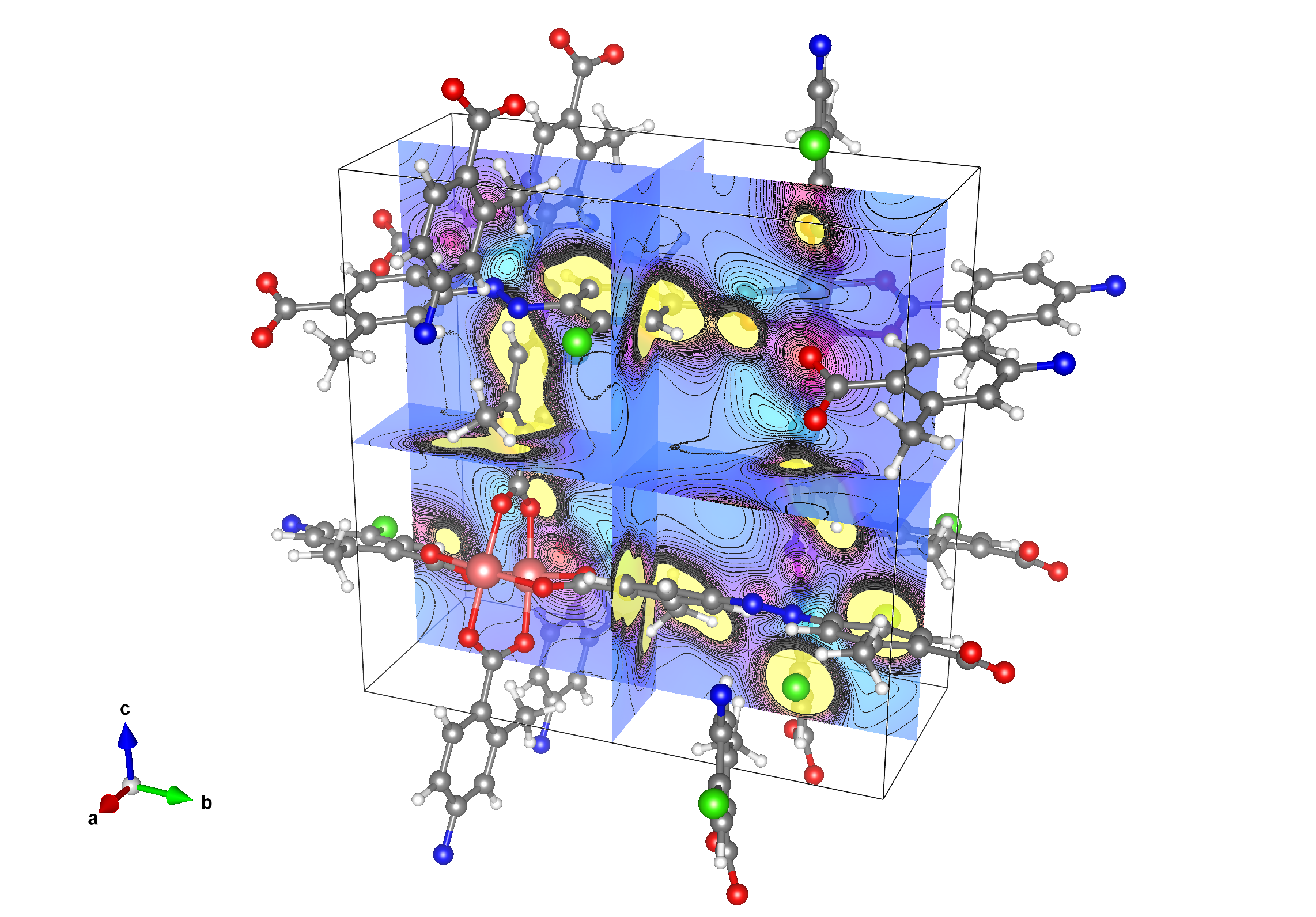
Are you interested in learning about cutting-edge materials? Would you be interested in modelling porous materials via computational simulations? Join our MSc programme.
Some of the available thesis topics include:
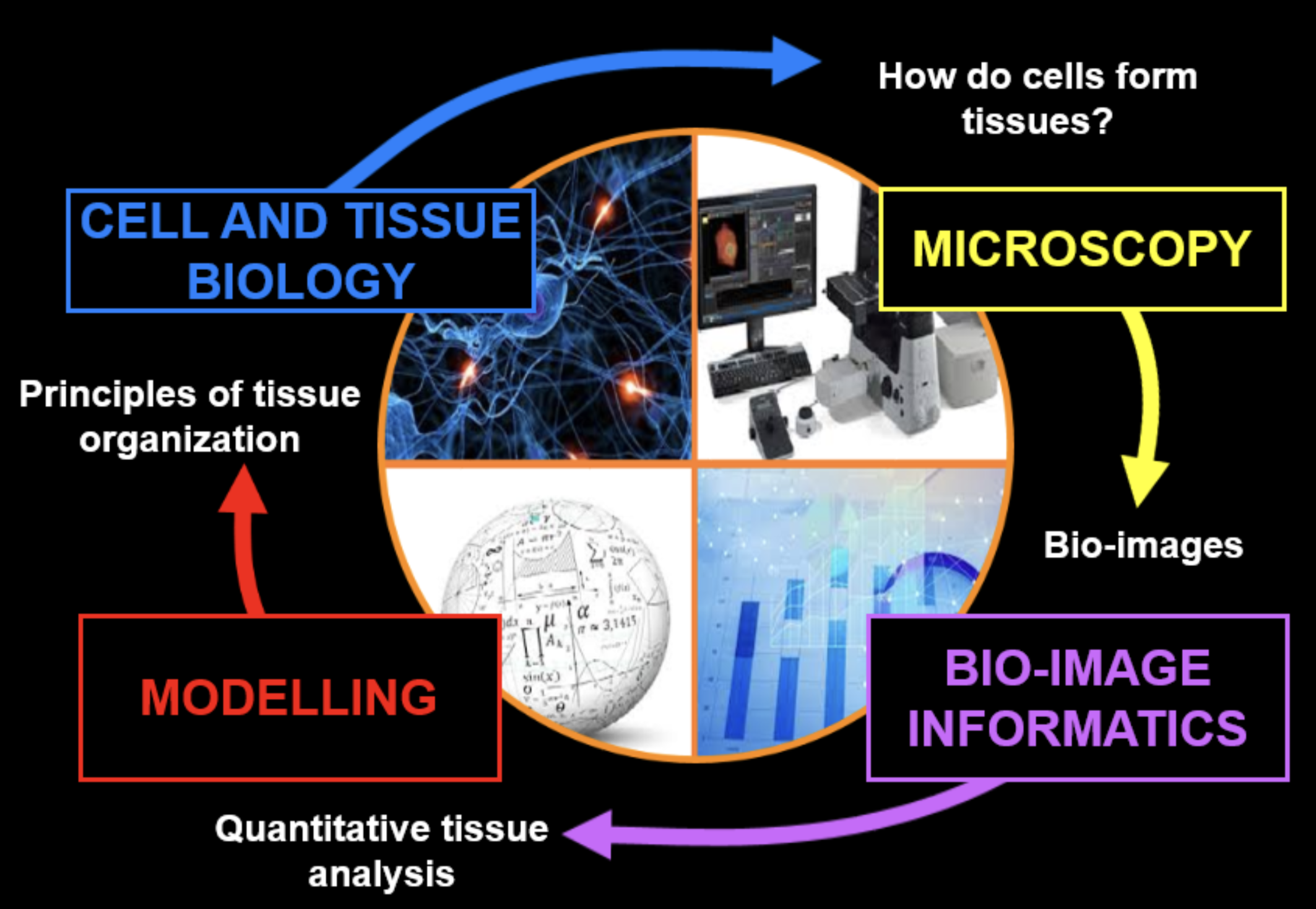
Are you interested in utilising machine learning for the computational modelling of biophysical systems? Would you like to learn about image processing and deep learning algorithms? Join our MSc programme.
Some of the available thesis topics include:
Weather modelling over Ecuador. Credits: O. Chimborazo
Are you interested in sudying atmospheric physics and carrying out state-of-the-art climate modelling? Would you be interested in using supercomputing facilities to study climate change and the ocurrence of extreme weather events? Join our MSc programme.
Some of the available thesis topics include:
The MSc programme includes classes online via Zoom and activities on campus.
Our research staff actively contributes to science via publications and outreach programmes.
The programme will train you so that you are ready to apply for PhD programmes anywhere in the world.
The comptutational component of the MSc programme will prepare you for data science and industry should you want to migrate to such area afterwards.
Our MSc training will be based upon project-based and problem-solving learning.
Learn to simulate physical systems in state-of-the-art computing facilities.
Our MSc programme is not a "traditional" MSc programme in physics, it is a modern one. The pedagogical concept of our MSc is based on learning via research projects and practical problem solving. It is an innovative concept that seeks for you to develop skills based on the solution of research problems and our lecturers will provide you with advanced analytical and numerical tools to apply them to these problems.
The student will synthesize specialized seminars and critically review scientific articles. S/he will formulate the plan of your thesis project and will be able to structure a scientific article in the English language. S/he will communicate the results of research through specialized and informative seminars. S/he will learn how to conduct yourself ethically in academia and industry.
The student will apply statistical methods for data analysis and solving physics problems. S/he will use computational tools for the analysis of scientific data sets and images. She will employ Fourier analysis and Monte Carlo simulation techniques. She will apply advanced machine learning techniques to problems in physics.
The student will apply analytical and numerical methods to theoretical physics problems. He will calculate approximations to derivatives and integrals. He will solve ordinary and partial differential equations using computational means. He will solve problems in classical mechanics, quantum mechanics, statistical physics, electromagnetism and gravitation.
The student will learn about software design and supercomputing for physics. She will apply numerical methods and computational techniques to simulate physical systems with applications in fluid dynamics, astrophysics, cosmology, complex systems, climate, and other areas of physics. She will interpret simulated data using scientific visualization techniques.
The student will obtain physical models and preliminary data from the master's research project that will allow them to develop and complete their thesis in Thesis Work 2.
The student will prepare and defend a high-quality master's thesis. Also, there will be the opportunity to publish the results in indexed journals.
A strong component of the MSc training will be learning how to simulate physical systems using computer clusters. Some examples are below.
